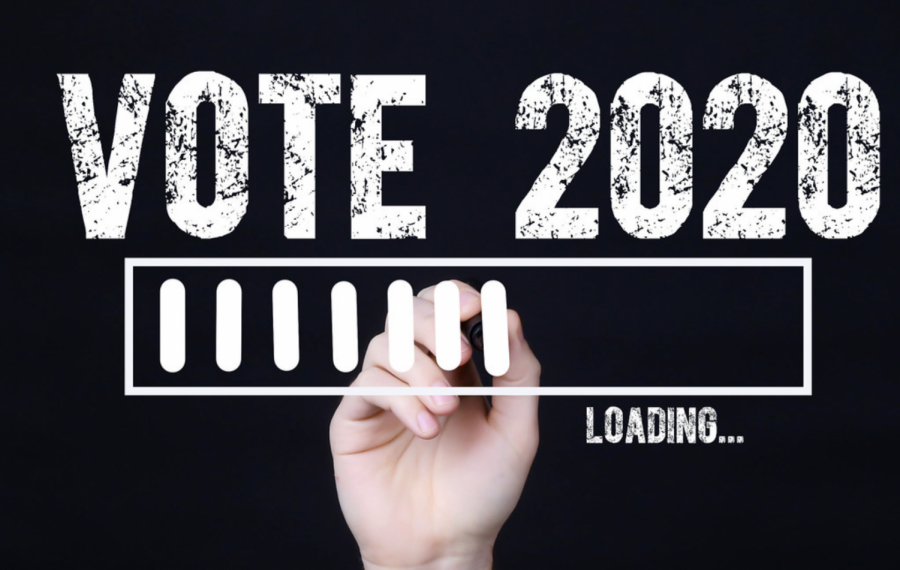Civil discourse in a divided nation
As the presidential election approaches, concurrent with the holiday season, political conversations are abundant. From the classroom to the Thanksgiving table, individuals are discussing their political beliefs and preferred candidates, which is bound to cause conflict. The goal of such discourse is to communicate ideas, but it commonly deteriorates from a civil debate into a catastrophic argument that may result in lost or broken relationships.
So why do politics cause such visceral reactions? Politics is coldly defined as, “the science or art of political government.” Such a clinical understanding does not encapsulate the reasoning for the emotions that are entangled in politics. These emotions are derived from the understanding that politics is the manner in which society decides who holds the power to affect the public’s lives.
In order for power to be held by individuals or parties, the opposition must lose power. People do not argue over politics, they argue over their power. It is not the clinical analysis of policy, rather a power that drives the screaming and tears of a deteriorated discussion.
With this understanding, an individual can learn to have effective conversations about politics, even in the divisive climate present in society.
First, understand the purpose of your conversation. If you are seeking out a fight then it is easy to begin one. However, more likely than not, you are engaging in conversation out of curiosity or to persuade the other individual(s). With this understanding, you can keep a clear mind and not be dragged into the trap of arguing — unless, of course, that is the goal.
Second, stick to the facts. While finding the truth in politics is difficult, it is important to utilize reliable sources in order to stay informed. By doing this, a conversation about politics will not be muddied by misinformation and subsequent miscommunication. Furthermore, the emotional component will be diminished by maintaining a fact and data-driven conversation, rather than arguing beliefs.
Third, listen to your voice. It is easy to believe that we hold a monopoly on the truth — that truth being a political opinion. This belief is likely to manifest itself in a number of ways, primarily in your tone of voice. The tone of voice is a powerful part of communication, and both the conscious and unconscious mind can identify shifts in a person’s tone of voice. Whether it be perceived as condescension or politeness, your tone of voice can drastically change the direction of a conversation.
While remaining polite, stay civil. When challenging or questioning the other person’s ideas or beliefs make sure to not attack them as a person. Instead of using statements that may insult their intelligence or morals, direct discussion to the points being brought up or the candidates themselves. In short, follow the Golden Rule: treat others how you want to be treated. Speak to the other person how you wish they would speak to you. Maintain this even if they start becoming hostile, do not match their energy.
Finally, know where your limits are. Political conversations can be draining, and you do not owe anyone an explanation for your personal beliefs. While it is important to stay engaged in current events and actively participate in your civic duties, it is important to know when you need to be done with an interaction that is negatively affecting you. If this occurs, be honest with the other individual, explain that the experience has been draining and that it’s time to stop.
No matter how the other person reacts, you can rest easy that if you follow the above tips, you have done your best to engage in effective civil discourse.

Isabelle Hajek is a senior at the University of New Haven majoring in psychology with a concentration in forensics and a double minor in criminal justice...





